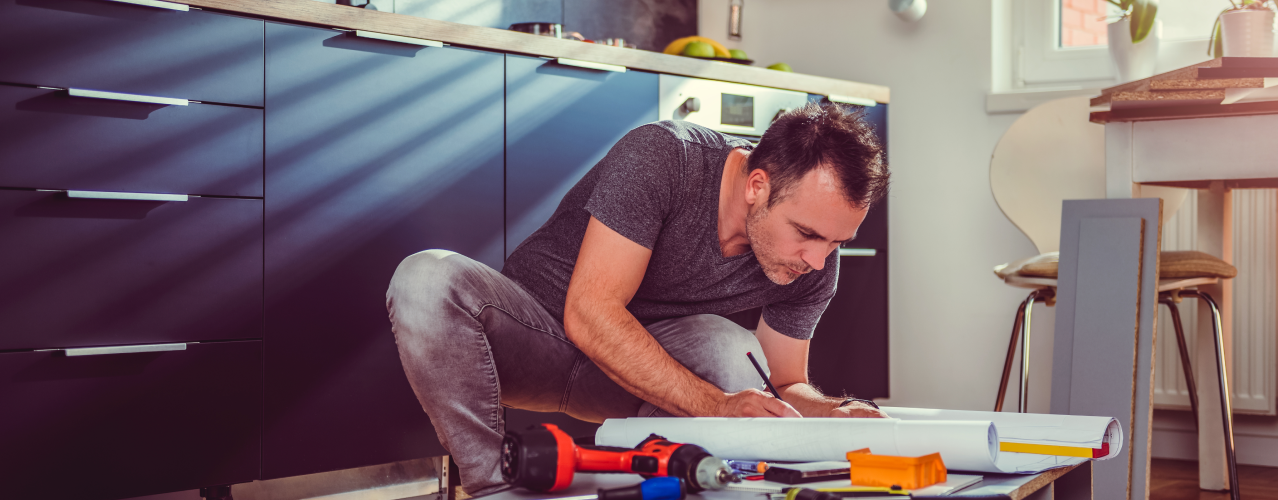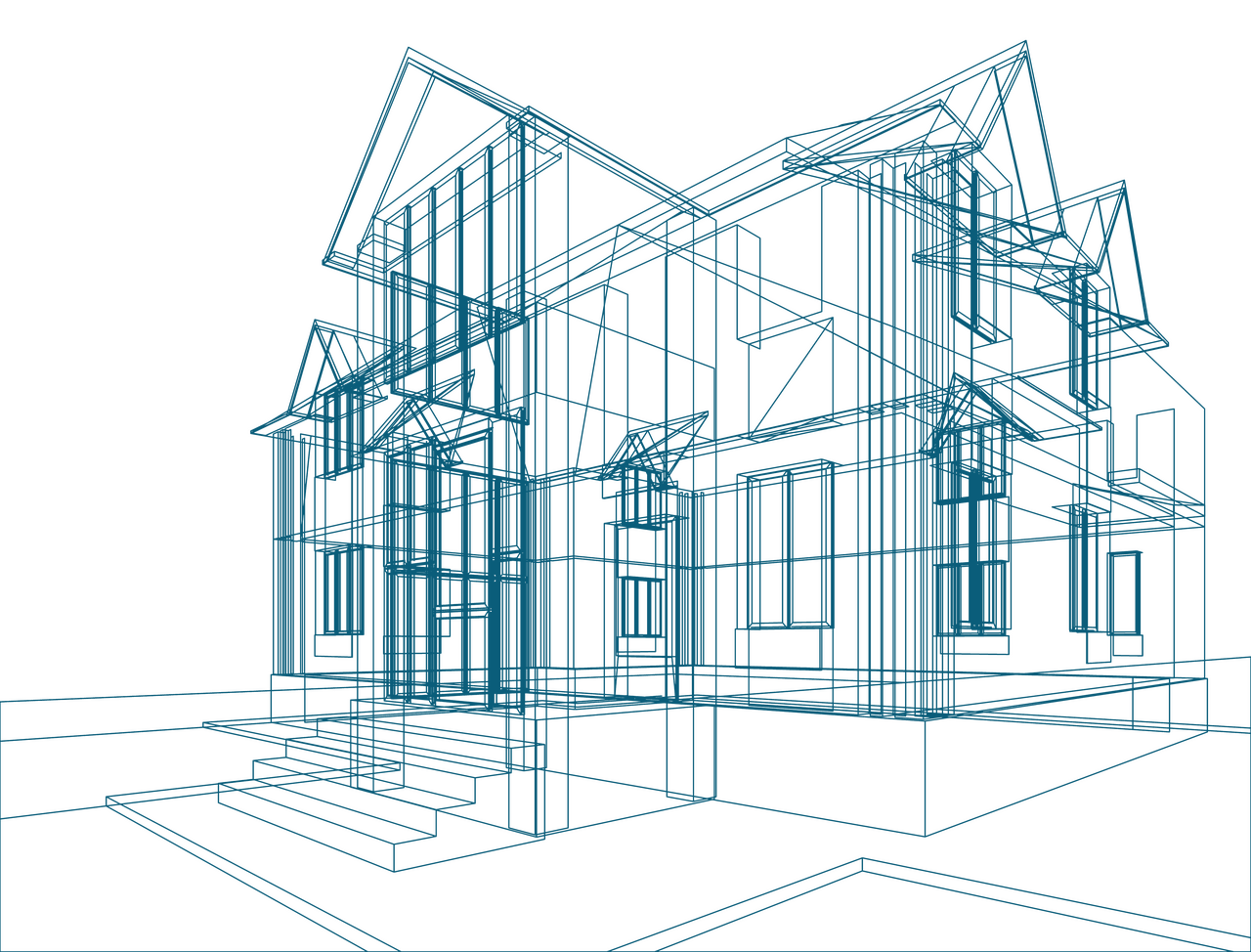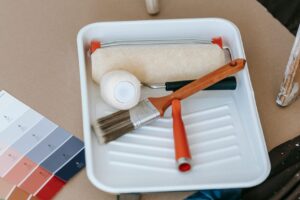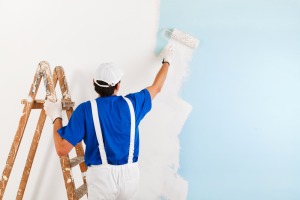

Market report
DIY in Home Improvement Industry
For the latest market reports on home improvement trends in Europe, visit USP Research's website and stay updated on the latest insights and analysis.
News I published 18 January 2022 I Dirk Hoogenboom
Shopping experience most influential for DIY stores’ image
Brand image research is an excellent tool to see how a brand is doing in a certain market sector. That does not only count for brands of home improvement products, but also for the stores in which those products are sold. That is why we regularly measure consumers’ image of DIY stores in USP Marketing Consultancy’s European Home Improvement Monitor.
In Q3 2021 we asked 6,600 consumers from 11 European countries to score their opinion of DIY stores. As it turns out, Leroy martin has the best image in Europe, followed by Castorama, Hubo, Praxis and Brico. When looking at consumers’ opinion of specific aspects like pricing, quality, shopping experience, service and advice or sustainability, a more detailed picture appears in which other DIY stores like B&Q and Gamma also enter the European top 5 of some aspects.
These general image scores may show the status quo of the DIY stores we measured, but are by themselves not very useful for future strategies. To truly understand how to improve the image consumers have of your store, you need to know which aspects of DIY stores consumers truly care about.
The above image shows how important five aspects of DIY stores actually are for their image among consumers. Some are somewhat obvious, as it is not surprising that price and quality of the products matter. What is really striking, however, is the importance consumers give to their shopping experience. Of all aspects, shopping experience affects their general opinion the most, much more than the other aspects.
In the light of the e-commerce trend that physical stores have increasingly been struggling with over the past decades, this is good news. If consumers find their shopping experience important, that means that very shopping experience is the key to attract them to physical stores. Among their physical competitors, DIY stores can distinguish themselves by providing their customers with the best shopping experience.
Sustainability not so much
The sustainability trend is getting a lot of attention in general and the home improvement sector is no exception. Consumers of home improvement products and customers of DIY stores are getting more conscious about sustainability, even to the extent that sustainability aspects may sway their choice for a certain DIY store. Be that as it may, sustainability aspects are no way near as important as shopping experience, price and quality.
This goes to show that, to know how to improve the image of a DIY store, merely knowing whether your store scores high on a certain aspect is not enough. Both for the DIY stores and for manufacturers whose home improvement products are sold in those stores, it is more important to know whether and to what extent your customers value the key aspects of a DIY store.
The above shows the importance of five aspects for the image European consumers have of DIY stores in general, but these differ per country and area. For a detailed overview of consumers’ opinion of DIY stores in 11 European countries, we refer you to the Q3 2021 report of USP Marketing Consultancy’s European Home Improvement Monitor. Researched DIY stores include AKI, B&Q, Bauhaus, Brico, Brico io, Bricocenter, Bricorama, Byggmax, Castorama, Clas Ohlson, Depot, Gamma, Homebase, Hornbach, Hubo, jem&fix, Karwei, Lagerhaus, Leroy Merlin, Mr Bricolage, Mrówka, OBI, Praxis, Screwfix, Silvan, Toom, Wickes and XL byg.






